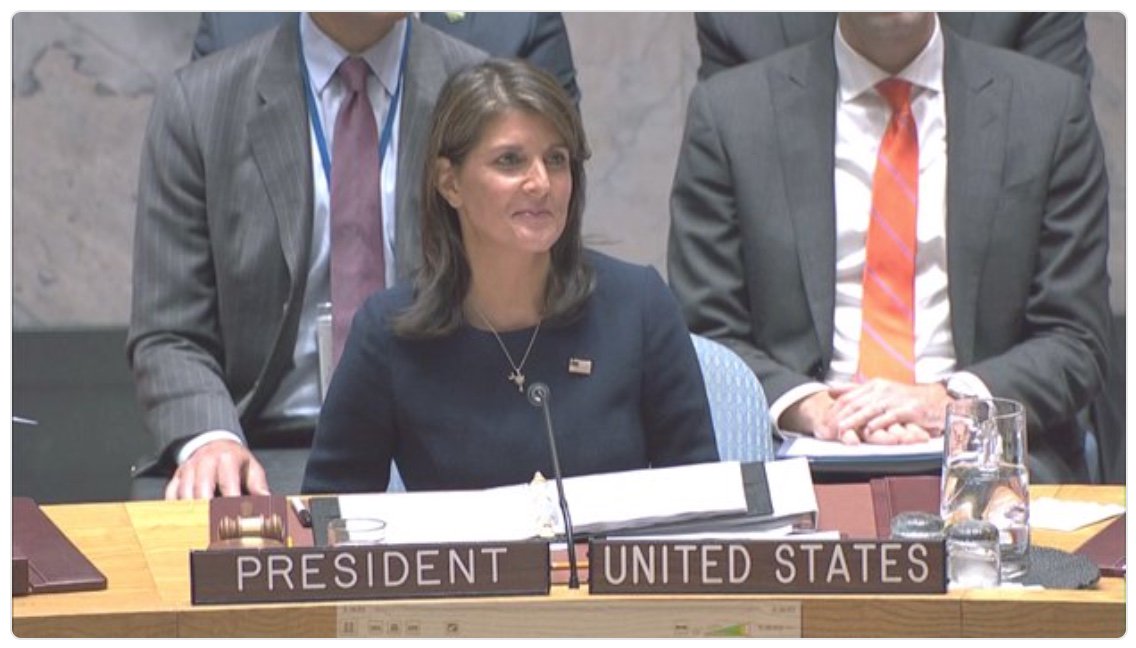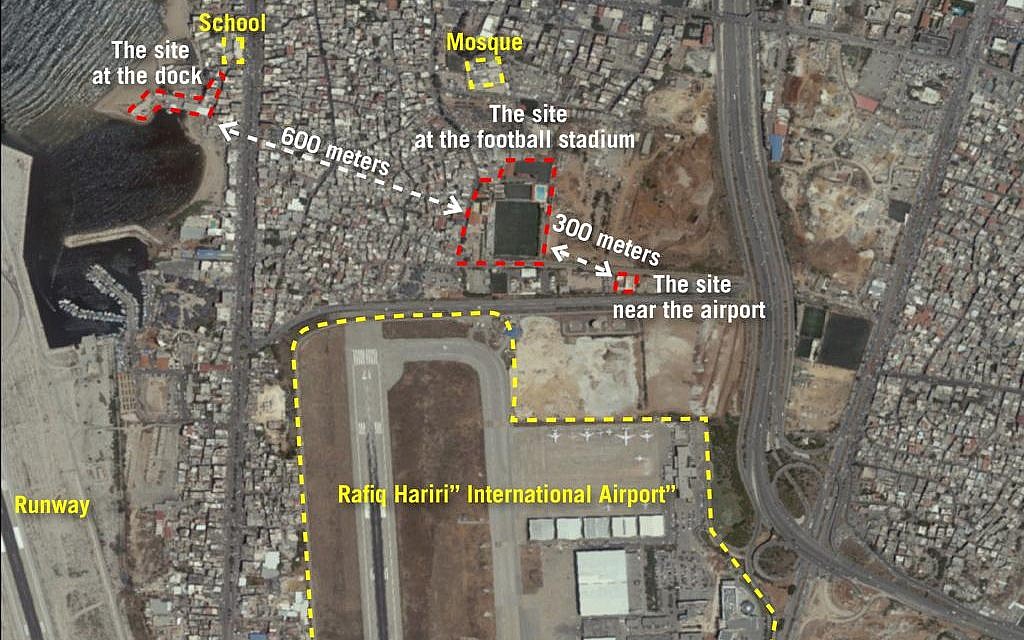Jpost Editorial: Wake up Europe
Appeasement might be a tough word and one that Netanyahu uses reluctantly, but he is right. Europe has turned a blind eye to what is happening in Iran and Lebanon for far too long. Sadly, it is unlikely that anything will really change due to Netanyahu’s speech, no matter how good it might have been.The ground is burning
Over a period of decades, Europe has shown that it prefers short-term quiet over confronting challenges and threats that present it and the rest of the world with long-lasting problems. The continent operates like a tactician as opposed to a strategist.
This is evident in the European Union’s continued support of the Joint Comprehensive Plan of Action the P5+1 reached with Iran in an effort to stop the Islamic Republic’s pursuit of nuclear weapons. While the EU might be right that the deal is working today, it will eventually expire and place Iran on the brink of nuclear weapons. And while it is true that Lebanon is today quiet, that will also change the moment Hezbollah decides to unleash a missile onslaught on the State of Israel.
Europe though doesn’t seem to care. While it knows all of this, it prefers not to take steps that could lead to an escalation, diplomatically or militarily. It sits quietly, enjoying the temporary quiet, no matter how much of an illusion it might be.
The problem is that Iran’s nuclear program is still a problem for the world. The same with Hezbollah. Neither are sitting quietly. Hezbollah has amassed an unprecedented missile arsenal that puts many countries to shame and Iran is simply playing the waiting game and will likely one day breakout toward a bomb when it assesses that the price it will pay will be the lowest.
Netanyahu explained that Israel does not need a wake-up call like Europe.
“Despite the best of hope, and there were many hopes around the nuclear deal, this deal did not push war further away. It brought war ever closer to our borders,” he said.
We hope that Netanyahu’s speech will serve as the wake-up Europe desperately needs. The time to act against Iran is now. A first step would be for the International Atomic Energy Agency to immediately visit the atomic warehouse and for Europe to take real steps that will bring change. Appeasement will fail.
Israel developed a partial solution to the rocket problem and, with the help of the Iron Dome system, it has been able to mitigate the threats. Yet we've also been attacked with longer-range rockets and deeper underground tunnels. In a practical sense, the situation hasn't fundamentally changed over the past decade. The Gaza-area communities continue to suffer from Hamas belligerence and the south remains exceedingly unstable. On the diplomatic level, Egyptian President Abdel-Fattah el-Sissi certainly helps narrow the scope of Hamas' initiatives, particularly by controlling the Philadelphi Route along their shared border and the Rafah crossing area, where Hamas' smuggling capabilities have dwindled. Again, though, taking a broader view, this hasn't dramatically changed the situation in the south.'Madrid is encouraging violence against Israel'
Thus, since March, the IDF has used varying degrees of force to counter Hamas' ploys – whether these include protests, roadside bombs, and occasionally a 24-48 hour escalation consisting of rocket fire at Israeli civilians. Hamas has tried forcing Israel into another tahdiya although it appears this effort isn't bearing fruit. We can, therefore, expect another escalation in the near future and we will again have to ask: What's going to change?
The answer isn't surprising: Nothing will change unless this time Israel undertakes a massive operation to finally alter the situation on a fundamental level. Hamas needs to understand that the next confrontation will be its last. It will not provide hope. And Israel, for its part, needs to be ready to finish the job it left undone 10 years ago. The IDF is certainly ready and capable of this mission; the question is whether the will exists.
A compressive, far-reaching operation would unfold in several stages. The first will aim at isolating high-threat areas and cutting off escape routes for Hamas terrorists. The second will require a massive ground operation in these areas, including in Gaza City, Khan Younis and Rafah, and destroying the terror nests there. These two steps will require several weeks to complete and they won't be simple. Afterward will come the stabilizing phase, aimed at fully clearing the area of terrorists and their infrastructure and installing systems of governance and intelligence-gathering on the ground. This phase in its entirety should require no more than one year, but it will undoubtedly change the situation fundamentally. Ultimately, Israel will give itself a different array of capabilities to cope with any development, and it will be the one dictating the rules of the game, which is totally opposite the current situation of being captive to Hamas' whims.
Israel protested to the mayor of Madrid about the festive visit she organized for terrorist Ahed Tamimi, who was convicted of incitement against security forces and attacking IDF soldiers, for which she served eight months in prison.
Tamimi was accompanied by her family at the invitation of the city leaders and the Real Madrid soccer club at the stadium of the Spanish team, Bernabeu.
Real Madrid did not make do with a special tour played by former soccer star Emilio Butragueno, but also prepared a jersey with her name printed on it.
Daniel Kutner, the Israeli ambassador to Spain, sent a letter of protest to Mayor Manuela Carmena. "The move by the Madrid municipality encourages violence against Israeli civilians and undermines any attempt to create a genuine dialogue between Israel and the Palestinians," Kutner wrote.
Kutner added, "Ahed Tamimi is not an innocent fighter for peace, but an instigator of violence and terror. Any institution that welcomes her indirectly promotes violence and aggression instead of promoting dialogue and understanding."






































